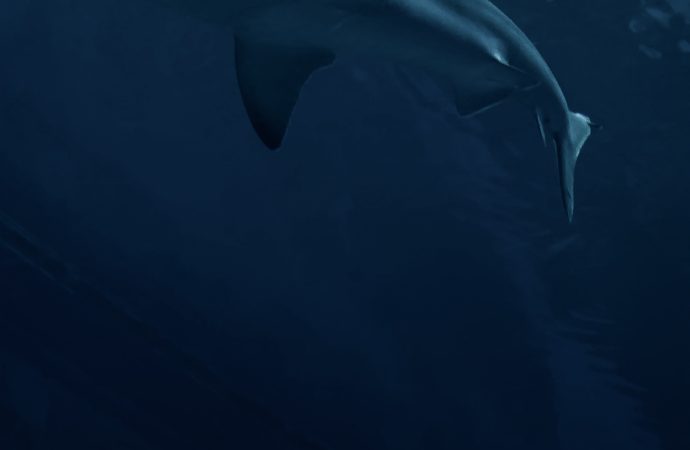Introduction: In the vast and diverse world of online cooking tutorials, a recent incident involving a Chinese food vlogger has brought attention to the legal and ethical ramifications of certain culinary practices. The vlogger’s video showcasing the preparation and cooking of a dish featuring great white shark meat has sparked controversy and led to legal
Introduction:
In the vast and diverse world of online cooking tutorials, a recent incident involving a Chinese food vlogger has brought attention to the legal and ethical ramifications of certain culinary practices. The vlogger’s video showcasing the preparation and cooking of a dish featuring great white shark meat has sparked controversy and led to legal consequences. In this article, we delve into the incident, examining the legal framework surrounding the use of endangered species in cooking and the wider implications for responsible and sustainable culinary content creation.
The Shark Meat Cooking Tutorial:
The Chinese food vlogger, known for pushing culinary boundaries, uploaded a tutorial video that featured the preparation of a dish using great white shark meat. The video quickly gained attention and stirred a heated debate among viewers and animal rights activists. Critics expressed concerns about the legality and ethics of using a protected species for culinary purposes.
Legal Framework and Protection of Endangered Species:
Great white sharks, along with many other species, are protected under international and national laws due to their vulnerable status. The Convention on International Trade in Endangered Species of Wild Fauna and Flora (CITES) is a global agreement that regulates the international trade of endangered species and their by-products. China, as a signatory to CITES, enforces laws to protect endangered wildlife, including great white sharks.
The Legal Consequences:
The Chinese authorities took swift action in response to the vlogger’s video, as the use of great white shark meat without proper permits is illegal. The vlogger faced penalties and fines for violating wildlife protection laws. This incident highlights the significance of adhering to legal frameworks designed to safeguard endangered species and promote responsible culinary practices.
Ethical Considerations:
Beyond the legal implications, the use of great white shark meat raises ethical concerns. These magnificent creatures are vital for maintaining the delicate balance of marine ecosystems. The consumption of endangered species not only threatens biodiversity but also supports unsustainable fishing practices, such as shark finning, which has devastating consequences on shark populations worldwide.
Promoting Sustainable Culinary Practices:
The incident involving the Chinese food vlogger presents an opportunity to raise awareness about the importance of sustainable culinary practices. Food content creators, particularly those with significant online followings, play a crucial role in shaping consumer attitudes and behaviors. By featuring sustainable ingredients, supporting responsible sourcing, and advocating for ethical cooking practices, food vloggers can influence positive change in the culinary world.
Engaging in Dialogue and Education:
This incident calls for increased dialogue and education surrounding the environmental impact of culinary choices. Food vloggers can use their platforms to engage with viewers and discuss topics such as sustainable seafood options, responsible sourcing, and the conservation of endangered species. By highlighting the importance of ethical cooking practices and promoting alternatives to endangered ingredients, vloggers can foster a culture of sustainability and conscious consumption.
Collaborating with Conservation Organizations:
Food vloggers can collaborate with conservation organizations and environmental groups to gain insights and share knowledge about sustainable culinary practices. Partnering with experts in the field can help vloggers understand the impact of their content, provide accurate information, and inspire their audience to make environmentally conscious choices.
Conclusion:
The legal consequences faced by the Chinese food vlogger for featuring great white shark meat in a cooking tutorial highlight the importance of respecting wildlife protection laws and promoting sustainable culinary practices. Culinary content creators have a responsibility to consider the environmental impact of their recipes and ingredients, particularly when it comes to endangered species. By raising awareness, engaging in dialogue, and advocating for responsible sourcing, food vloggers can contribute to a more sustainable and ethical culinary landscape.

















Leave a Comment
Your email address will not be published. Required fields are marked with *